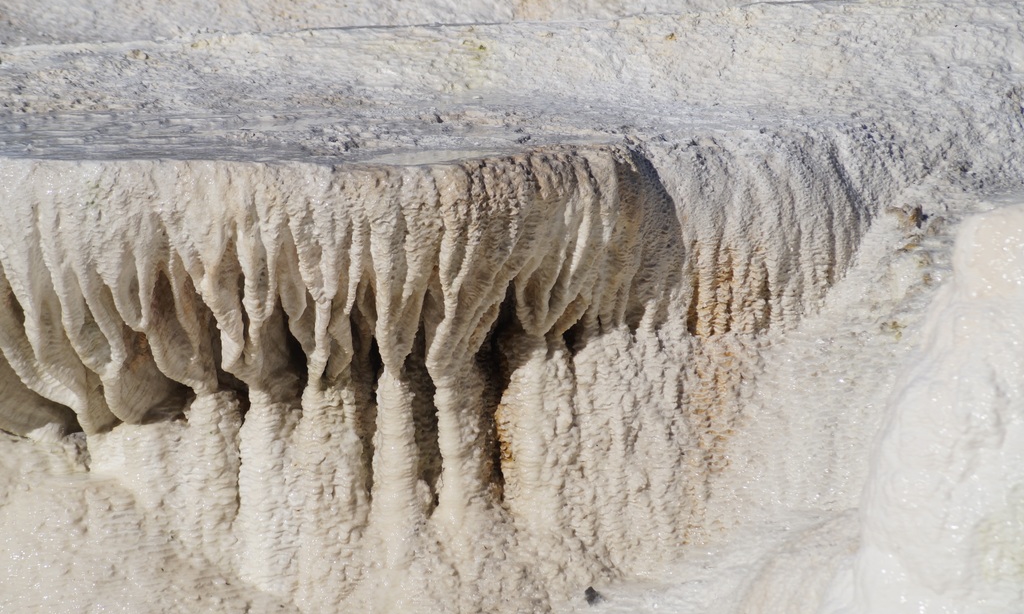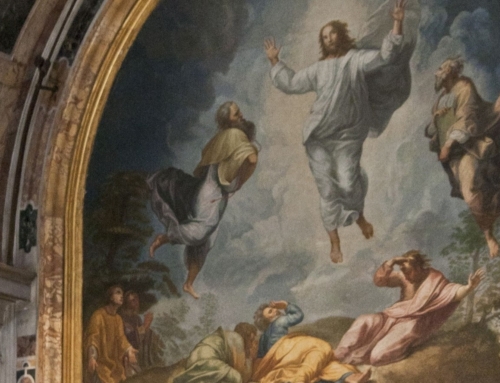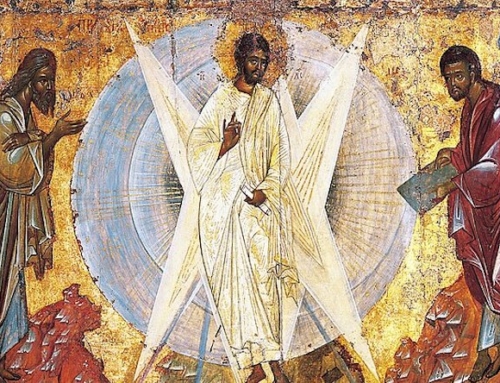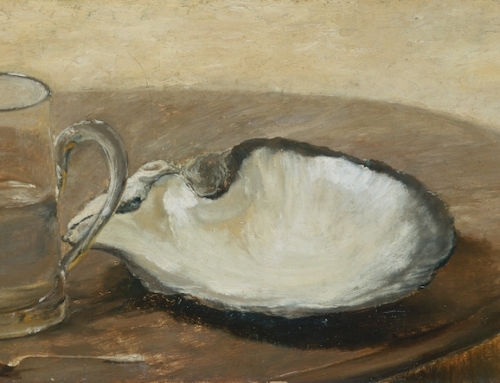This is a kind of response to a Dominicana piece written in the print journal several years ago by Brother Timothy Danaher, I Am Haunted by Waters. As he points out, one of the last lines of the New Testament goes, “And let him who is thirsty come, let him who desires take the water of life without price” (Revelation 22:17).
Water is the thing for thirst. But I want to dwell a little on the thirst itself. The spiritual writer Father Thomas Dubay, S.M., whom Brother Timothy also cites, describes our nature bluntly: “You are a thirst.” The thirst that we “are” is our infinite desire. Our desire, our peculiarly restless kind of love, is really part of what defines us.
In the Old Testament, the whole earth thirsts. In Psalm 107, the people and the earth together thirst for salvation. The great natural image of Isaiah the prophet is that God will build a road through the desert, the dry and pointless expanse which separates the people from their home and their joy. Now, life is dry, dumb, silent; but “waters shall break forth in the wilderness” (Isaiah 35:6).
Desert monks, who often struggled with a dry spirit, made very dry, very hard pieces of bread, like the hardtack of sailors. We are a thirsty ground, haunted. But the regions of the soul which wait for living water, the silent haunts of the heart, have a special knowledge of God’s promise of salvation. These thirsty hearts can understand the words: “The burning sand will become a pool, the thirsty ground bubbling springs. In the haunts where jackals once lay, grass and reeds and papyrus will grow” (Isaiah 35:7).
The monks knew that they were wayfarers, and the food that a wayfarer eats has to be road-food, viaticum. Honestly, what I’m thinking of is beef jerky. I took a road trip recently and had some. The dryness and saltiness preserve it, make it fitting for the road. I sometimes think of the writings of St. Thomas in the same way. Massive tracts of intellectual territory—salted down, dehydrated, saved. An example: St. Thomas, as Pope Benedict pointed out in his book on the life of Jesus, went through the “mysteries” of Jesus’ life individually, carefully, theologically, which inspired the Pope to do the same in his own way. Why the close examination? “Since Christ’s humanity is the instrument of the Godhead, therefore all Christ’s actions and sufferings operated instrumentally in virtue of His Godhead for the salvation of men.” These words are powerful, containing the meat of a much larger work, but salted-down, dry.
And the point of all of this preserving, condensing, saving, is the saving of souls. God is the truth that must be eaten in order to be saved. “Man’s whole salvation, which is in God, depends on a knowledge of the truth about God,” says St. Thomas at the beginning of his vast Summa Theologiae. Another legend has Thomas, grown into a master of theology, dictating multiple books to his secretaries. This is not an impressive trick, but an overflowing of the grace of Christ in the knowledge of Thomas, a chosen instrument. Again, Isaiah says, “then shall the lame man leap like a hart, and the tongue of the dumb sing for joy. For waters shall break forth in the wilderness, and streams in the desert.” This is the tongue of the Dumb Ox, supernaturally loosed; the joy of truth pouring from the mountain and running over all the plains, reviving the royal roads of God on earth.
Often one is unable to receive the Precious Blood during Holy Communion at Mass. When this happens, the Lord comes to us under the appearance of a small, dry piece of bread. While this is a time of fulfillment, it can also be a time of thirsting. What could it mean, that Christ gives himself to us in this way? I think he is speaking to our heart in its humanness, the wayfarer’s heart.







